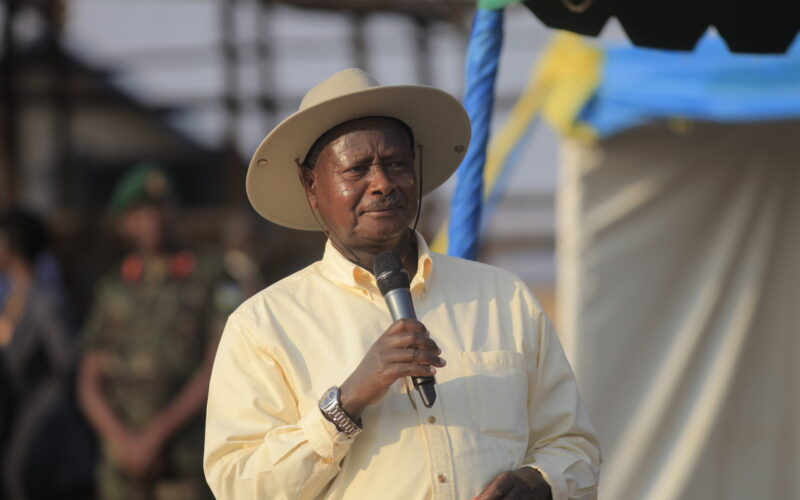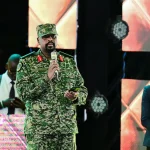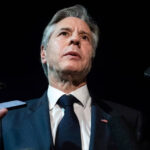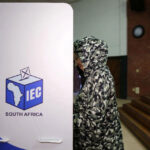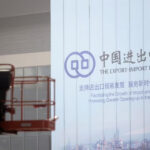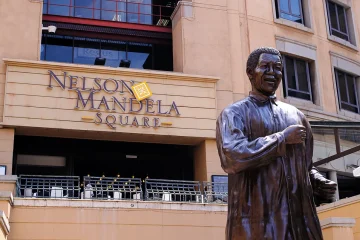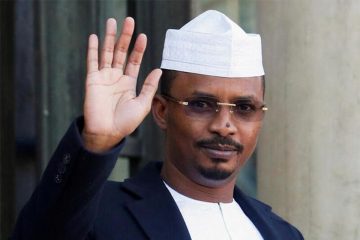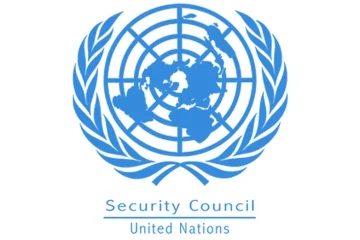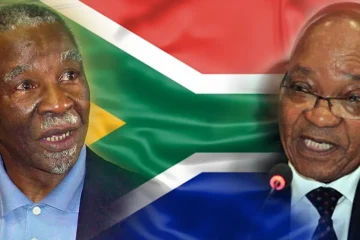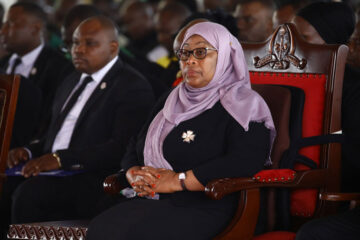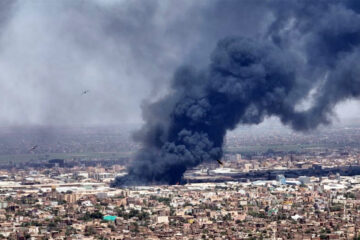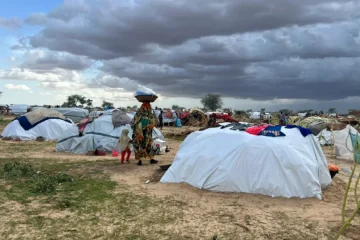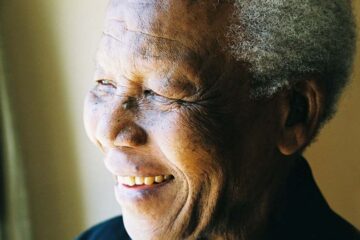
UGANDA is going to conduct its first digital and mass media campaigns ahead of its 2021 general elections. This comes as the country contemplates holding a “scientific election” wherein social distancing guidelines will be observed.
On 16 June 2020, the Uganda Electoral Commission issued a press release banning public rallies for the 2021 political campaigns as part of the country’s COVID-19 containment measures. Campaigns will now be conducted on radio and television, in newspapers and on the internet. This caused an immediate protest especially among opposition-leaning political groups and civil society organisations.
The electoral commission said the official guidelines for the 2021 general election would be issued after consultation with relevant stakeholders. These guidelines will include how much space and time aspirants will be allocated on Uganda’s national broadcasting network.
This is a critical issue as candidates have been denied media space in the past. In 2011, opposition kingpin Kizza Besigye was denied paid advertisement space scheduled on the state-owned Uganda Broadcasting Corporation. He won a court case against the media house but the electoral commission is yet to pronounce on this incident.
Uganda’s electoral commission’s relationship with electioneering politicians has been problematic in the past. Many of them are highly distrustful of the body, which is hand-picked by the incumbent president.
President Yoweri Museveni is also on record accusing the electoral body of rigging his party out of votes in 2014. The electoral commission itself has exploited this instability by issuing inconclusive communications. The latest announcement on media campaigns is a case in point.
In the meantime, party candidates are picking nomination forms, and the ruling National Resistance Movement has conducted virtual and low scale physical campaigns and elections for its party organs nationwide. This is being done amid the traditional fanfare that accompanies campaigns albeit in smaller groups. They are taking the opportunity to attract the attention of television cameras and radio stations.
Uganda’s previous general elections have often been disputed by the losing opposition. The 2021 general elections are poised to fuel these traditional grievances even as the country’s election commission bans open air campaigns owing to COVID-19 restrictions.
The ruling party has unrestricted access to the media. It is also assured of an uninterrupted internal electoral process. This is not the case for the opposition, which is often blocked and dispersed by police.
The electoral commission as umpire is unresponsive to the methods and activities of the police, and some media policies that significantly affect the visibility of the candidates among the electorate.
Attempts therefore at Uganda’s scientific elections, unless judiciously regulated, will only propagate the usual refrain of electoral malpractices.
New candidates
New aspirants will have to make do with dramatics to get their message to the people. Bobi Wine has adopted South African opposition politician Julius Malema’s signature red beret and Nelson Mandela’s raised fist to situate himself in the minds of voters. He has taken advantage of radio interviews and a strong online presence to push his campaign forward.
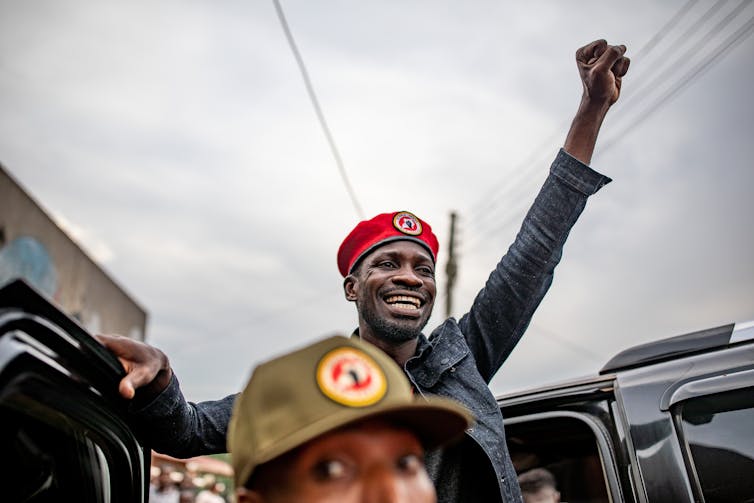
He makes strategic announcements of his scheduled television and radio appearances, which are often cancelled at the last minute by media houses or denied outright by the police, as a means to mobilise his passionate youthful supporters. They have often taken to the streets to demonstrate their support and outrage at his mistreatment.
The Uganda police predictably reacts with tear gas and strong-arm tactics, which typically results in media coverage for Bobi Wine’s campaign. The politician has on occasion sued the police and his cases have been well covered by the press. https://www.youtube.com/embed/VPBNopS3EbM?wmode=transparent&start=0
Savvy and youthful candidates like Bobi Wine then make use of social media to amplify their voices by posting clips of these incidents on the internet, where their supporters then access them on mobile phones. The battle lines are hence defined.
This strategy worked well in pre-COVID-19 times, but with the advent of social distancing measures in Uganda, these candidates will need to restrategise. The directive to conduct purely media campaigns will mean that they will not have the opportunity to leverage physical campaigns on various media platforms.
Museveni’s head start
There is much debate on the feasibility of digital campaigns and scientific elections. President Museveni continues to express his determination to keep the country socially contained amid the COVID-19 pandemic.
He is yet to lift an eight and a half hour nightly curfew imposed on the country since May. Public transport is tightly regulated. The number of passengers per private commuter van has been halved. Commuters must wash their hands and wear masks. The president also took to the airwaves wondering why people would leave their homes to die.
Meanwhile, he has had a head start travelling the country opening development projects and handing out start-up capital.
He is often captured keeping the required social distance and wearing a mask as he waves at crowds. His excursions are covered by the presidential press unit which broadcasts on Uganda Broadcasting Corporation.
These images are then distributed to other networks such as The New Vision multimedia network. Most government ministers have their own press coverage which mimic the presidential press unit with reportage of their official and unofficial activities mainly on the national broadcaster.
Problem with media campaigns
There is also the matter of the electorate’s capacity to access radio, television and newspaper content. The 2014 census showed that one million homesteads had television sets and 3.4 million had radio sets. This is against a voting population of about 17 million.
As for the online capacity of Uganda’s electorate, a report reveals that Uganda’s internet penetration is about 42% with up to 19 million Ugandans now connected to the internet out of a total estimated population of 46 million people.
The percentage of Ugandans with access to legacy and new media is a drop in the bucket compared to the entire population, and those who are registered to vote.
Moreover, Uganda’s social media platforms are rife with disinformation and defamation, which affects all Ugandans, including the country’s most powerful. The president himself has made use of the internet by posting his exercise regime. His detractors have responded by accusing the president of spreading propaganda about his invincibility.
But Museveni is not the only leader who is using the internet to reach his supporters. Uganda’s apolitical cultural leaders are also active in the digital space, where they have been seen to deny social media information that casts them in a bad light.
This is significant because cultural leaders hold sway among Uganda’s rural voters, who are the majority.
Some political pundits have posited that the directive to campaign on media and digital platforms in a country which is fumbling technologically is a trojan horse filled with electoral malpractices. It remains to be seen whether this is yet another of Uganda’s experiments in statecraft, or if it is simply election crisis management. – The Conversation.

